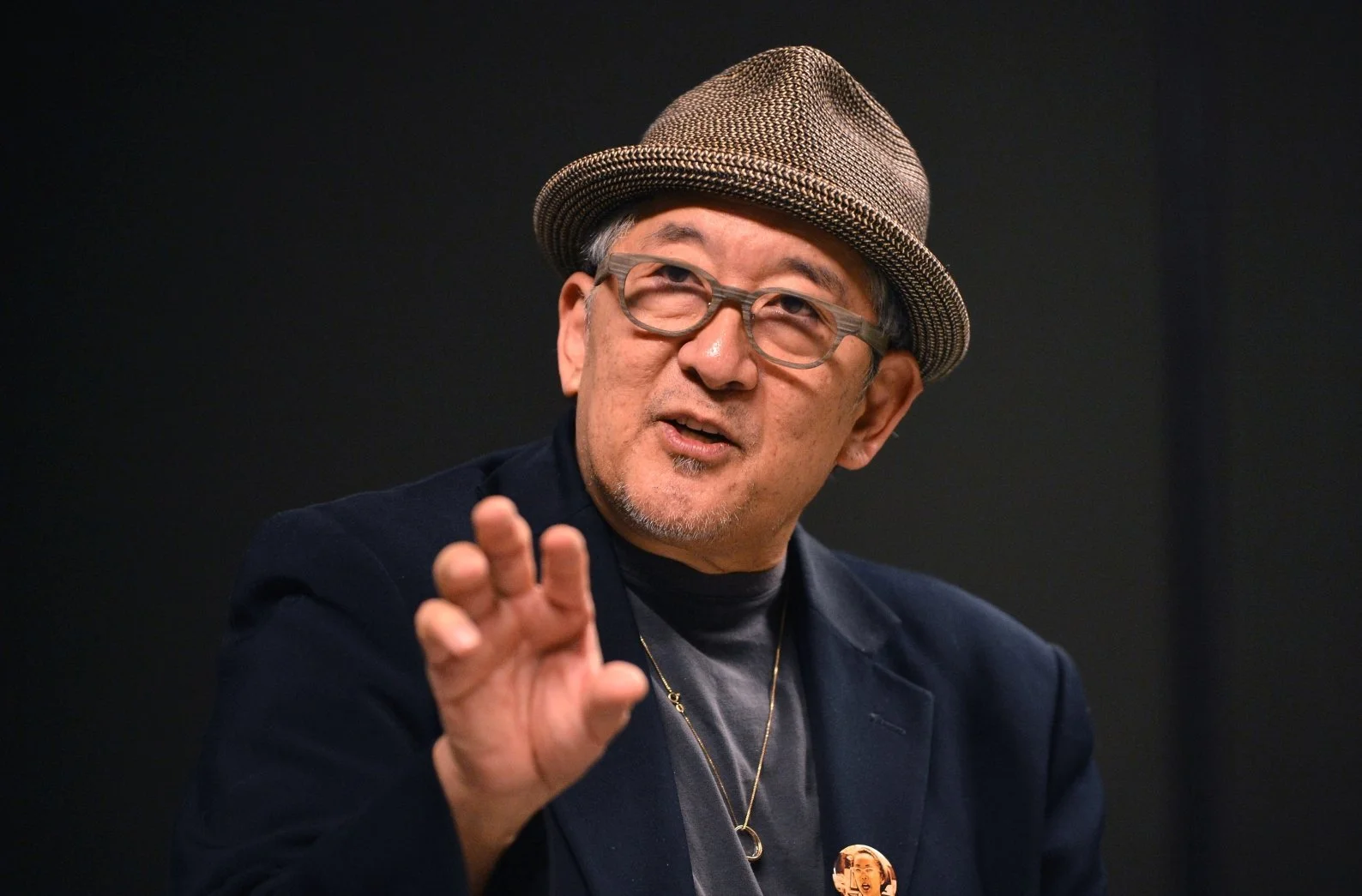Philip’s Incarceration Story
“My own interior life had been shaped by this unspoken event.”
Philip Kan Gotanda
From Both Eyes Open librettist,
Philip Kan Gotanda:
Though the incarceration was only a few years before I was born, it was never
explicitly talked about. It was only referred to when my parents met a new
Japanese American acquaintance. ‘What camp were you in?’ ‘Rohwer’.
‘Where were you?’ ‘Manzanar’. There would follow a polite exchange of
family and friends’ names they might have known. Nothing beyond that.
I would learn in time that the camp referred to was Rohwer, in Rohwer
Arkansas, one of 13 sites where all Japanese Americans living on the west
coast were forcibly taken and held. Rohwer was where my parents were
incarcerated and far from anything to do with vacation ‘camping’.
I would also grow to understand how the incarceration had embedded itself into the psychologies of my parents, my family, my community, and how much of my own interior life had been shaped by this unspoken event. Disruptive, buried under psychic scarring, it would author behaviors of internalized self-hate.
With my participation in the Asian American movement of the late 60s, I would begin writing songs, plays and films investigating this interior condition. That soon evolved into song cycles and now the opera, Both Eyes Open, created in collaboration with NY-based composer, Max Giteck Duykers.
Both Eyes Open is the culmination of a 10 year creative partnership with Max, director Missy Weaver, opera artist John Duykers, and some 50 years of my writing about Japanese America and the incarceration. Both Eyes Open deliberately uses new music opera to reframe the audience’s experience of the ‘incarceration’ narrative. We wanted to offer new eyes to view the past.
Thematically it correlates history as having a living connection to present day anti-Asian, anti-immigrant hatred. All the material to be seen with new eyes. Make it relevant to what is happening today in America.
Both Eyes Open is intended to occupy the complicated space that is contemporary existence, fraught with contradiction and irreconcilable points of view.
Both Eyes Open does not offer a simplified resolution of justice over injustice. Instead, it acknowledges a deeper world of continuous conflict that we must now inhabit.
‘The rich rotting soil
Of fertile injustice’.
‘What will it grow?’


